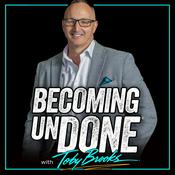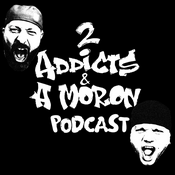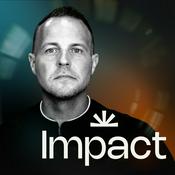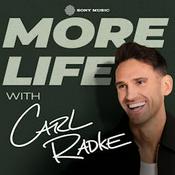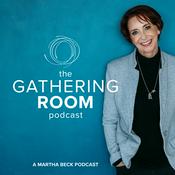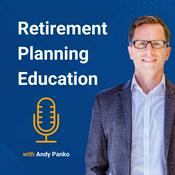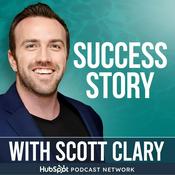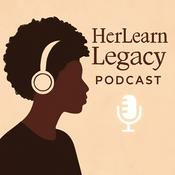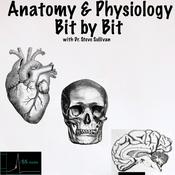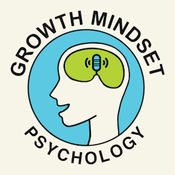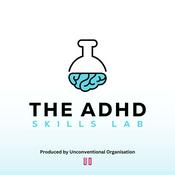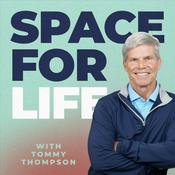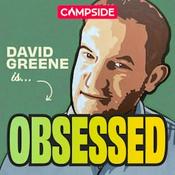550 episodes
- Host: Darryl S. Chutka, M.D.
Guest: Matthew B. Anastasi, M.D.
Patients with concussions are commonly seen in primary care practices and concussions don’t spare any particular age group. Children, young adult athletes and older individuals are all at increased risk. They’re a form of traumatic brain injury and while most are self-limiting, they require an accurate assessment, proper management and appropriate follow-up to make sure the patient is recovering and not experiencing complications. When should we suspect a concussion? What questions should we be asking in order to make an accurate diagnosis? What’s the best management of a patient who has had a concussion and finally, when can that patient return to their normal activities? The topic for this podcast is “Concussions: What Every Primary Care Provider Should Know” and my guest is Dr. Matthew Anastasi, a family medicine and sports medicine physician at the Arizona campus of the Mayo Clinic.
Learn more at https://ce.mayo.edu/online-education/content/mayo-clinic-podcasts Rx for Weight Loss: A Closer Look Series "The Wins of Losing: GLP-1 Agonists and Reducing Heart Disease Risk"
1/20/2026 | 26 mins.Host: Darryl S. Chutka, M.D.
Guest: Stephen Kopecky, M.D.
One of the biggest surprises we’ve seen in medicine in the past several years has been the numerous health benefits realized from the GLP-1 agonists. Originally developed for the management of diabetes, they’ve shown significant potential to improve cardiovascular risks, beyond controlling blood glucose and lowering hemoglobin A1c. Several studies have shown reductions in cardiovascular events including MI, stroke as well as reducing overall cardiovascular death. What is the mechanism of action for these cardiovascular benefits? Are there any differences in the various GLP-1 medications available and who’s a candidate for a GLP-1 medication? I’ll get answers to all of these questions and more in this podcast as I speak with Dr. Stephen Kopecky, a preventive cardiologist at the Mayo Clinic. We’ll be discussing “GLP-1 Agonists and Reducing Cardiovascular Risk”.
Rx for Weight Loss: A Closer Look Series | Mayo Clinic School of Continuous Professional Development
Learn more at https://ce.mayo.edu/online-education/content/mayo-clinic-podcastsRx for Weight Loss: A Closer Look Series "Controversies & Future of GLP-1 Medications"
1/15/2026 | 24 mins.Host: Darryl S. Chutka, M.D.
Guests: Tamim I. Rajjo, M.D., M.P.H.; Meera Shah, M.B., Ch.B.
The class of medications known as the GLP-1 agonists is very popular with our patients. Although initially indicated for management of diabetes, they’re frequently taken for the weight loss they commonly produce. How long should these medications be taken? Is there anything we can do to help maintain the weight loss achieved with these medications? How significant is the loss of muscle mass which can occur as part of the weight lost with these medications and can this be minimized. Finally, how safe are the compounded and unapproved versions of these medications patients often find more affordable? These are a few of the questions we’ll address in podcast on the GLP-1 medications used for weight loss and we’ll tackle the “Controversies and Future of the GLP-1 Medications”. My guests include Dr. Meera Shah and Dr. Tamim Rajjo, both from the Division of Endocrinology at the Mayo Clinic.
Rx for Weight Loss: A Closer Look Series | Mayo Clinic School of Continuous Professional Development
Connect with us and learn more here: https://ce.mayo.edu/online-education/content/mayo-clinic-podcastsRx for Weight Loss: A Closer Look Series "Importance of Lifestyle Changes with Use of GLP-1 Medications"
1/13/2026 | 26 mins.Host: Darryl S. Chutka, M.D.
Guest: Tamim Rajjo, M.D., M.P.H.
Using GLP-1 medication for weight loss has become very popular with our patients. In the recent past, this has produced a shortage of these medications available, and those taking them for management of diabetes have found them difficult to obtain. Although in most cases, they are quite successful in producing substantial weight loss, many have regained weight after the medication was discontinued. How much weight can patients expect to lose with these medications? When should these medications be stopped, or should they? Are there strategies that have shown benefit to help patients maintain the weight they lose once the medication is discontinued? This podcast is the second of three on using the GLP-1 medications for weight loss and we’ll discuss “The Importance of Lifestyle Changes with the Use of GLP-1 Medications for Weight Loss”. My guest is Dr. Tamim Rajjo, a physician trained in Preventive Medicine and Obesity Medicine from the Mayo Clinic.
Rx for Weight Loss: A Closer Look Series | Mayo Clinic School of Continuous Professional Development
Connect with us and learn more here: https://ce.mayo.edu/online-education/content/mayo-clinic-podcastsRx for Weight Loss: A Closer Look Series “Who is a Candidate for a GLP-1 Medication?”
1/08/2026 | 26 mins.Host: Darryl S. Chutka, M.D.
Guests: Tamim I. Rajjo, M.D., M.P.H.; Meera Shah, M.B., Ch.B.
Using GLP-1 medications for weight loss has become extremely popular. Is this the latest fad in losing weight, or will these medications completely change our approach to managing obesity? They do appear to be very effective in promoting substantial weight loss. What is the history of these medications? Are there differences in the various GLP-1 medications available? What are the potential adverse effects of this drug class? This podcast is the first in a series of three on the GLP-1 medications prescribed for weight loss. The topic for this podcast is “Who Is a candidate for a GLP-1 Medication?” and my guests include Dr. Meera Shah and Dr. Tamim Rajjo, both from the Division of Endocrinology and Metabolism at the Mayo Clinic.
Check out the series!
Rx for Weight Loss: A Closer Look Series | Mayo Clinic School of Continuous Professional Development
Connect with us and learn more here: https://ce.mayo.edu/online-education/content/mayo-clinic-podcasts
More Education podcasts
Trending Education podcasts
About Mayo Clinic Talks
Timely consultations relevant for family medicine, primary care, and general internal medicine topics for physicians, nurse practitioners, physician assistants, and residents. Offering CME credit for most episodes at https://ce.mayo.edu/podcast. Produced by @MayoMedEd.
Podcast websiteListen to Mayo Clinic Talks, Becoming UnDone and many other podcasts from around the world with the radio.net app
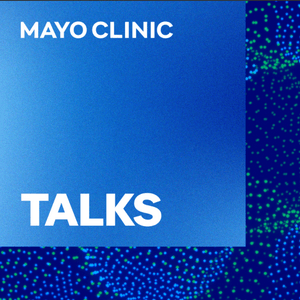
Get the free radio.net app
- Stations and podcasts to bookmark
- Stream via Wi-Fi or Bluetooth
- Supports Carplay & Android Auto
- Many other app features
Get the free radio.net app
- Stations and podcasts to bookmark
- Stream via Wi-Fi or Bluetooth
- Supports Carplay & Android Auto
- Many other app features


Mayo Clinic Talks
Scan code,
download the app,
start listening.
download the app,
start listening.

